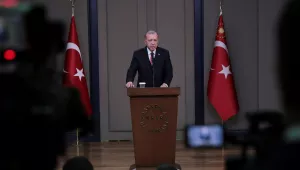Abstract
The recent publications on WikiLeaks reveal a story about money, fame, sex, underground hackers, and betrayal. But it also involves fundamental questions regarding cyber-security and foreign policy. This paper argues WikiLeaks is only the symptom of a new, larger problem which is the result of technological advances that allow a large quantity of data to be 'stolen' at low or no cost by one or more individuals and to be potentially made public and to go 'viral', spreading exponentially online. From this flows my assessment that the unprecedented quantity constitutes a new quality, "a difference in quantity is a difference in kind." Therefore, we need to delink WikiLeaks from Julian Assange for a serious discussion of the policy implications. Assange, himself, could represent the revival of a modern version of anarchism challenging governmental authority. First, I outline a conceptualization of the process of leaking. This part weaves the chronology of WikiLeaks into the discussion of the source, publisher, and an examination of the role of mainstream media, including references to Daniel Ellsberg and the Pentagon Papers. In the second part I enlarge the frame to look at the issues that emerge once a leak has occurred and the government's response. Third, I examine the cyber-security implications since WikiLeaks' early releases only brought to public light what seems to already be known in the shadow world of government espionage, raising larger questions about cyber-security and foreign threats.
Maurer, Tim. “WikiLeaks 2010: A Glimpse of the Future?.” Science, Technology, and Public Policy Program, Belfer Center, August 2011



